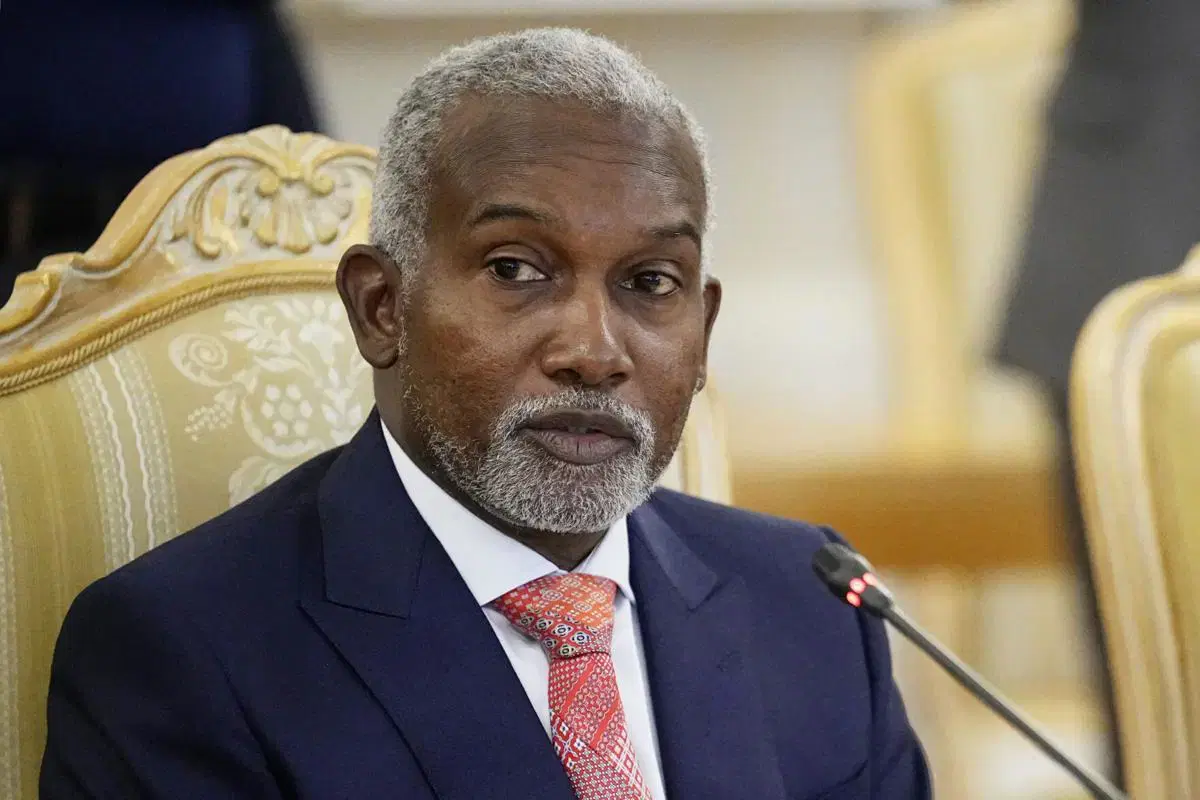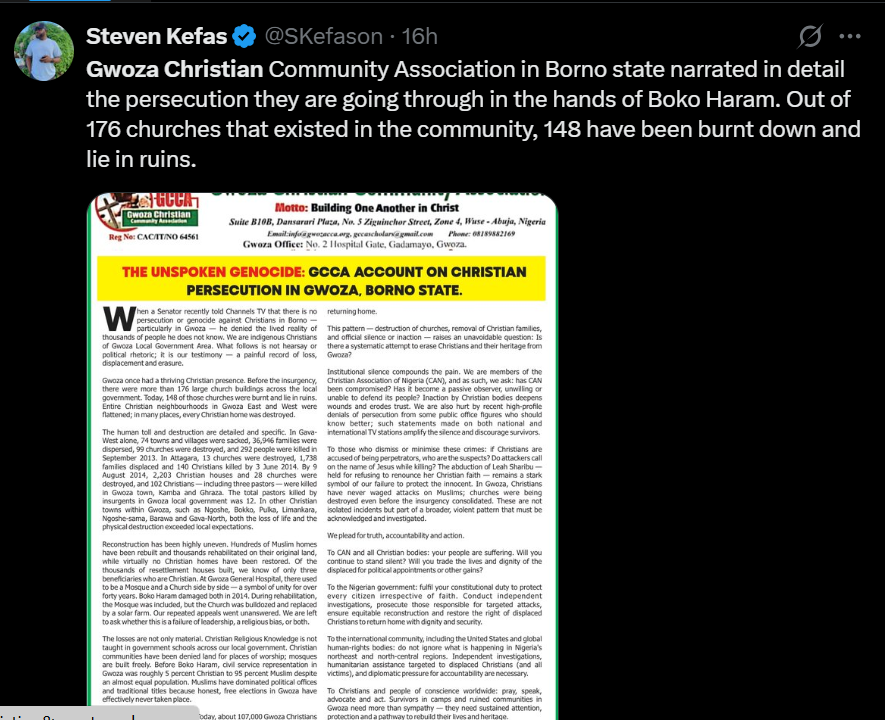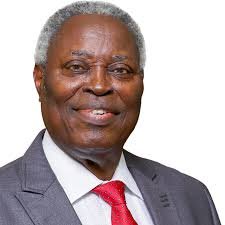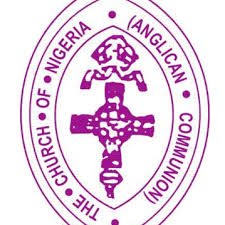Eunice Wuraola Ogini, the first daughter of the late Apostle Joseph Ayo Babalola, has issued a stern warning to pastors and church leaders, urging them to desist from spreading false or unverified claims about her father. She emphasised that Apostle Babalola, the founder of the Christ Apostolic Church (CAC), devoted his life to preaching the gospel of Jesus Christ with unwavering commitment and integrity.
Her remarks follow recent comments by Biodun Fatoyinbo, lead pastor of the Commonwealth of Zion Assembly (COZA), who claimed that despite Apostle Babalola’s great anointing, he was poor during his lifetime. Fatoyinbo had also questioned the whereabouts of Babalola’s children.
In a video response, Mrs Ogini clarified that her father lived a comfortable life and that such claims were misleading.
“I am Eunice Wuraola Ogini, the first daughter of Apostle Joseph Ayo Babalola. My father in his lifetime preached the gospel of Christ without compromise.
In his crusades during his time, people would bring their idols to be destroyed by fire, and a lot of shrines, occultic materials, and calabashes were brought to be destroyed by fire during his crusades in his lifetime,” she stated.
She urged ministers of God to maintain truthfulness and respect when referring to her father in their sermons.
“I want to ask that when people mention my father’s name during their preaching, they should speak the truth and be sincere, and speak nothing but the truth with love and genuine great respect.
Ministers of God, please honour the Lord when you are on your pulpit. Try as much as possible to verify every information in order to avoid lies and speculations,” she said.
Mrs Ogini concluded her statement with a scriptural reminder from Colossians 4:6:
“Please remember the advice of Apostle Paul in the book of Colossians 4 verse 6 – where we believers are advised that our speech should be gracious and seasoned with salt.”
Her remarks have reignited discussions on the importance of accuracy, respect, and integrity in Christian ministry, especially when addressing historical church figures.












